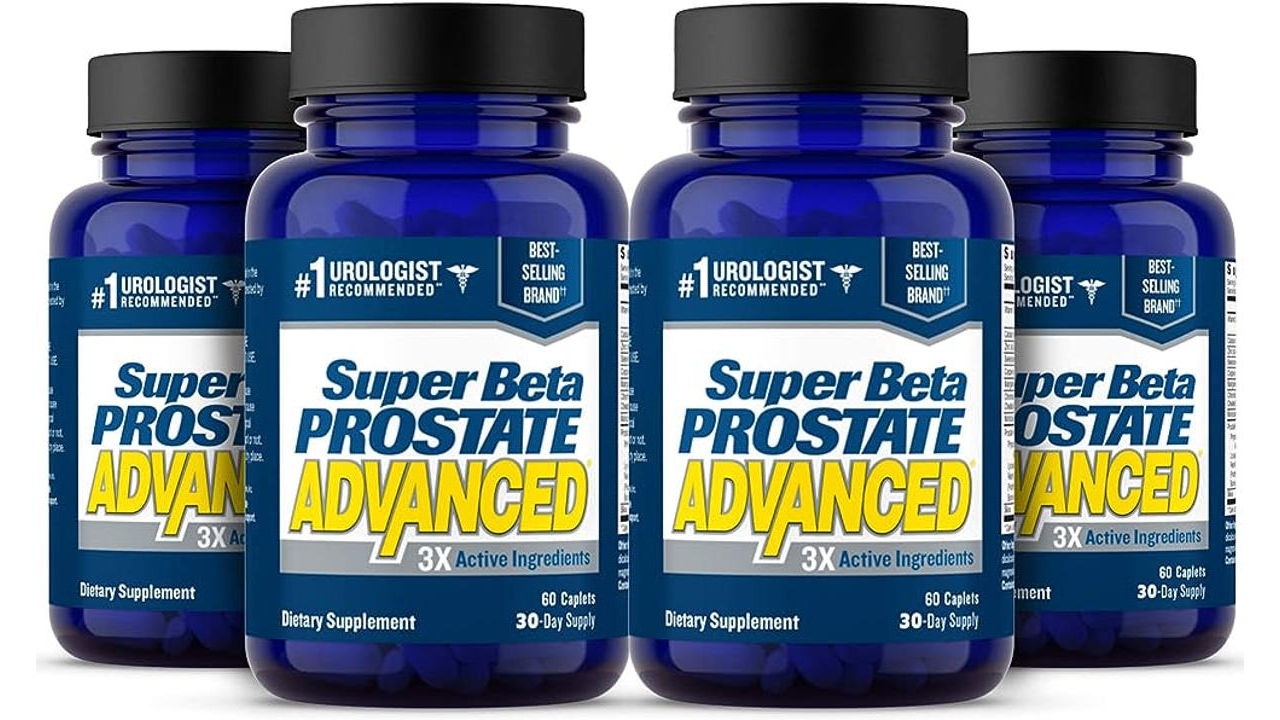
In today’s age of ubiquitous advertising, it’s not uncommon to come across promotions heralding supplements as miracle cures for the symptoms of an enlarged prostate. Amidst the clutter, a pressing question arises: which form of zinc is best for prostate? Furthermore, with the buzz around products like super beta prostate, many ponder, what does super beta prostate do?” Sadly, a significant portion of these supplement promotions are driven by individuals lacking the requisite training and expertise to offer genuine advice on safe, natural interventions for an enlarged prostate. It’s essential to approach such matters with caution and skepticism. To ensure you’re equipped with accurate and reliable information, it’s always wise to consult with an expert urologist who can provide insights into effective and trustworthy solutions tailored to your unique needs.
What is Beta-Sitosterol?
Beta-sitosterol, a plant substance similar to cholesterol, can be found in vegetables, fruits, seeds, nuts and certain oils. Dietary supplements containing beta-sitosterol may help lower cholesterol and promote prostate health; specifically by inhibiting an enzyme called 5-alpha-reductase that is linked with both benign prostatic hyperplasia (BPH) and cancer development as well as increasing apoptosis and cell rounding that could reduce inflammation and oxidative stress. It can either be obtained naturally by eating more foods containing phytosterols naturally or taken as supplements.
BPH (Benign Prostatic Hyperplasia) occurs when an enlarged prostate gland restricts urine flow through the urethra. BPH is common among older men and may lead to discomfort and lower urinary tract symptoms including frequent or weak urges to urinate, incontinence, dripping after urination and awakening at night to urinate. Multiple randomized trials have revealed that non-glucosidic plant sterols significantly improve urinary symptom scale scores and urine flow measures, producing comparable results as other pharmaceutical medicines used for treating BPH.
Best of all, natural compounds do not cause the harmful side effects associated with traditional pharmaceuticals. Most people can safely take these remedies when prescribed by their healthcare providers and many find they offer an ideal alternative to prescription medication.
What are the Benefits of Beta-Sitosterol?
Beta-sitosterol, a plant sterol commonly found in food like nuts and seeds, as well as being available as dietary supplement, has long been used to lower cholesterol. It works by blocking absorption of LDL “bad” cholesterol. Furthermore, it may reduce risk for prostate cancer by inhibiting 5-alpha-reductase activity.
Numerous studies have demonstrated the benefits of beta-sitosterol supplementation to treat benign prostatic hyperplasia (BPH), including painful or difficult urination. These effects were comparable to placebo-controlled trials of BPH medications.
Studies have also indicated that beta-sitosterol could possibly retard cancer cell growth or even cause cancer cell death; however, these studies were performed in vitro; it remains unknown what effects plant sterols will have on human cancer cells.
Keep in mind that dietary supplements are not subject to the same regulation as drugs and should only be consumed under medical advice. When selecting your supplement, ensure it has been third-party tested for purity and potency as well as being suitable for your specific health needs. It would also be prudent to discuss potential drug interactions with your healthcare provider.
What are the Side Effects of Beta-Sitosterol?
Beta-sitosterol is a plant substance similar to cholesterol found in your body, binding tightly with prostate tissues to reduce inflammation and inhibit an enzyme responsible for BPH development. Furthermore, studies have demonstrated its efficacy at increasing urinary flow while decreasing frequency of urination.
phytosterols, unlike cholesterol-lowering medications that may have side effects, tend to be well tolerated by your body without interfering with HDL (“good”) cholesterol production. You can find beta-sitosterol in foods like nuts, seeds, beans and oils as well as in supplement form; when taken orally it competes for absorption in the intestines with cholesterol, thus lowering its levels without impairing natural HDL production in any way.
Studies have also demonstrated that plant sterols can lower LDL cholesterol, thus decreasing your risk of heart disease. But its most remarkable advantage lies in improving prostate health.
Super Beta Prostate supplements contain this ingredient for this reason; clinical studies have proven its ability to support healthy prostates, increase urine flow and decrease urges to urinate. Plus, as it’s all-natural it won’t interfere with any medications being taken for other conditions.


